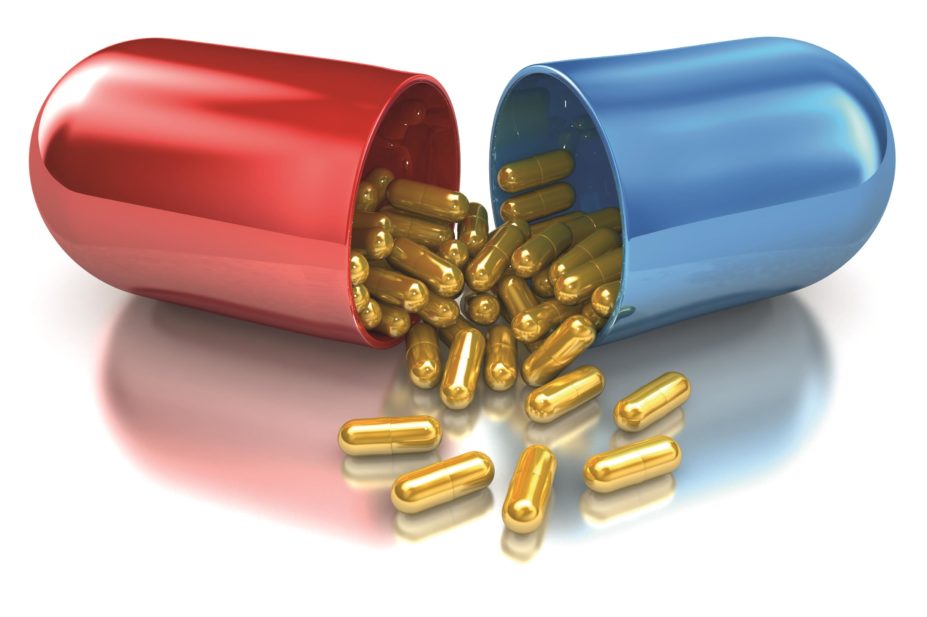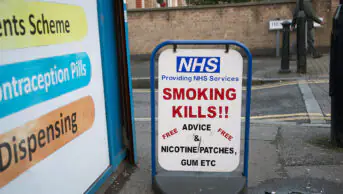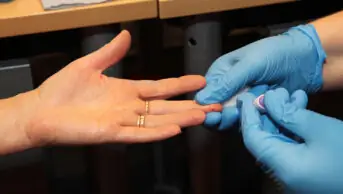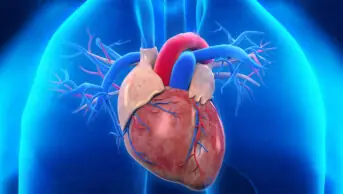
Jl / The Pharmaceutical Journal
A polypill combining three blood pressure medicines and a statin, taken with aspirin, reduces the incidence of cardiovascular events occurring in at-risk groups by more than 30% compared with placebo, research in the New England Journal of Medicine has suggested (13 November 2020)[1]
.
The International Polycap Study 3 followed 5,713 people, with no previous heart disease or stroke, but who were at intermediate risk of a cardiovascular event, for an average of 4.6 years.
The researchers found that, compared with placebo, the polypill alone (containing 40mg simvastatin, 100mg atenolol, 25mg hydrochlorothiazide and 10mg ramipril) reduced the risk of death from cardiovascular causes, heart attack, stroke, heart failure, resuscitated cardiac arrest or revascularisation procedures — the primary outcome — by around 21% (hazard ratio [HR] 0.79, 95% confidence interval [CI] 0.63–1.00)
Compared with double placebo, the polypill plus 75mg aspirin reduced the risk of the primary outcome by 31% (HR 0.69, 95% CI 0.50–0.97), a figure that the researchers say increased to around 40% after adjusting for discontinuations related to issues with drug distribution that caused supply delays to many sites.
Aspirin alone reduced the risk of death from cardiovascular causes, heart attack or stroke by 14% (HR 0.86, 95% CI 0.67–1.10).
“The approach of using combination pills that include multiple [blood pressure] lowering drugs and statins in a single polypill is gaining momentum and will enhance [cardiovascular disease] prevention globally,” said co-principal investigator Salim Yusuf, director of the Population Health Research Institute.
References
[1] Yusuf S, Joseph P, Dans A et al. Polypill with or without aspirin in persons without cardiovascular disease. NEJM 2020. doi: 10.1056/NEJMoa2028220


